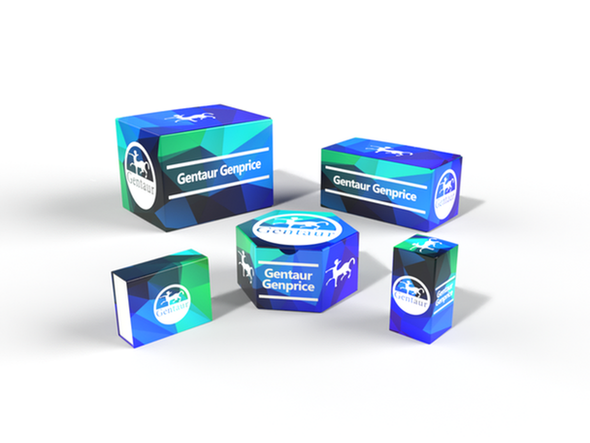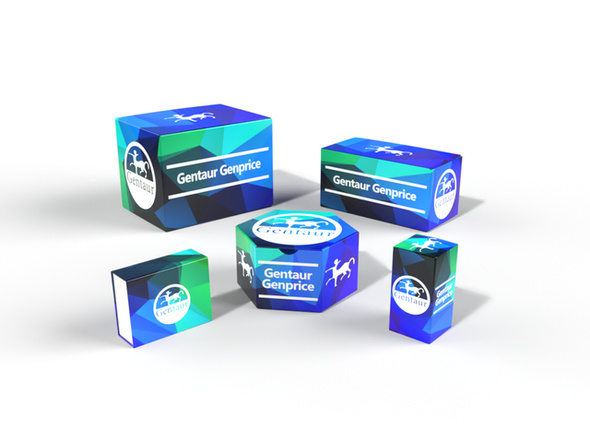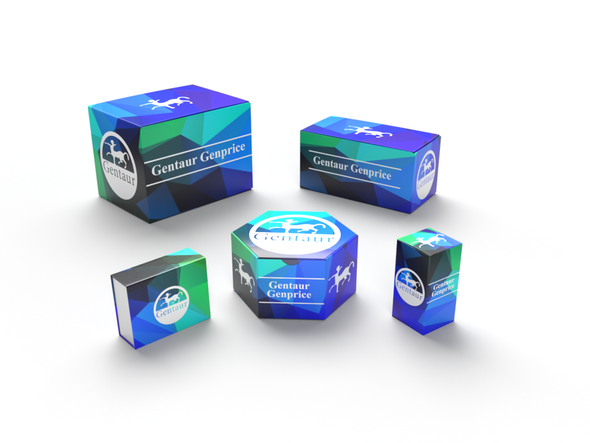Description
GDF-15 polyclonal Antibody | BS6152 | Gentaur UK, US & Europe Distribution
Host: Rabbit
Reactivity: Human,Mouse,Rat
Application: WB IHC
Application Range: WB 1:500 - 1:2000 IHC 1:50 - 1:100
Background: Growth differentiation factor 15 (GDF-15), also known as PDF, MIC-1, PLAB, NAG-1 or PTGF-β, is a member of the transforming growth factor beta (TGF-beta) superfamily. Synthesized intracellularly, the protein is secreted as a dimer linked by disulfide bonds. Epithelial cells and macrophages are the sites of strongest GDF-15 expression, although it is widely expressed in adult tissue. In the brain, GDF-15 expression occurs in the choroid plexus, from which the protein is secreted into the cerebrospinal fluid. The gene for GDF-15 is responsive to p53 tumor suppressor protein, and in cultured cerebellar granule neurons GDF-15 can prevent cell death by the activation of Akt and inhibition of ERK. GDF-15 acts as a trophic factor for certain classes of neurons, promoting cell survival and differentiation. Overexpression of GDF-15 occurs in prostate cancer, and may be a means of diagnosis.
Storage & Stability: Store at 4°C short term. Aliquot and store at -20°C long term. Avoid freeze-thaw cycles.
Specificity: GDF15 polyclonal Antibody detects endogenous levels of GDF15 protein.
Molecular Weight: ~ 35 kDa
Note: For research use only, not for use in diagnostic procedure.
Alternative Names: Growth/differentiation factor 15; GDF-15; Macrophage inhibitory cytokine 1; MIC-1; NSAID-activated gene 1 protein; NAG-1; NAG1; NSAID-regulated gene 1 protein; NRG-1; NRG1; Placental TGF-beta; Placental bone morphogenetic protein; Prostate differentiation factor; GDF15; MIC1; PDF; PLAB; PTGFB
Immunogen: Recombinant full length Human GDF-15.
Conjugate: Unconjugated
Modification: Unmodification
Purification & Purity: The Antibody was affinity-purified from rabbit antiserum by affinity-chromatography using epitope-specific immunogen and the purity is > 95% (by SDS-PAGE) .
Pathway:






